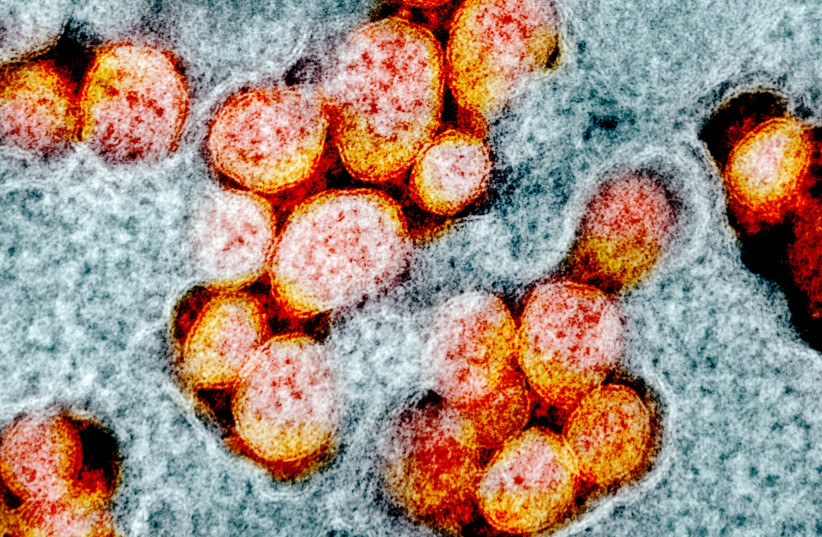Men who have been diagnosed with COVID-19 and who have low testosterone levels have an increased risk of developing severe illness and being hospitalized than men with normal testosterone levels, according to a new peer-reviewed observational study published on Friday in JAMA Network Open by researchers at the Washington University School of Medicine and the Saint Louis University School of Medicine.
The researchers analyzed 723 cases of men who tested positive for COVID-19, mostly in 2020 before vaccines became available, and found that low testosterone—like diabetes, chronic lung disease and heart disease—is a risk factor for hospitalization due to COVID-19.
The team found that men with low testosterone who had COVID-19 were 2.4 times more likely to be hospitalized than men with normal testosterone levels and that men who previously had low testosterone levels but were successfully treated with hormone replacement therapy were not more likely to be hospitalized for COVID-19 than those whose testosterone levels had always been normal.
The research indicates that the burden of COVID-19 on hospitals can be mitigated by treating men with low testosterone levels.
The researchers conducted a chart review of patients in two major St. Louis area hospital systems and identified 723 men who had COVID-19 in 2020 or 2021 and whose testosterone levels had been measured between Jan. 1, 2017, and Dec. 31, 2021, and found 427 men with normal testosterone levels, 116 with low levels, and 180 who previously had low testosterone levels but were undergoing hormone replacement therapy.

“Low testosterone turned out to be a risk factor for hospitalization from COVID, and treatment of low testosterone helped to negate that risk.”
Co-senior author Dr. Sandeep Dhindsa, Saint Louis University
“Low testosterone turned out to be a risk factor for hospitalization from COVID, and treatment of low testosterone helped to negate that risk,” said co-senior author Dr. Sandeep Dhindsa, an endocrinologist at Saint Louis University. “The risk really takes off below a level of 200 nanograms per deciliter, with the normal range being 300 to 1,000 nanograms per deciliter. This is independent of all other risk factors that we looked at: age, obesity or other health conditions. But those people who were on therapy, their risk was normal.”
Results of the study
The study found that men with low testosterone levels were 33% more likely than men with normal testosterone levels to be hospitalized with COVID-19.
The researchers concluded that screening and treatment for low testosterone levels must be evaluated as a potential strategy to prevent severe COVID-19 complications in men.
